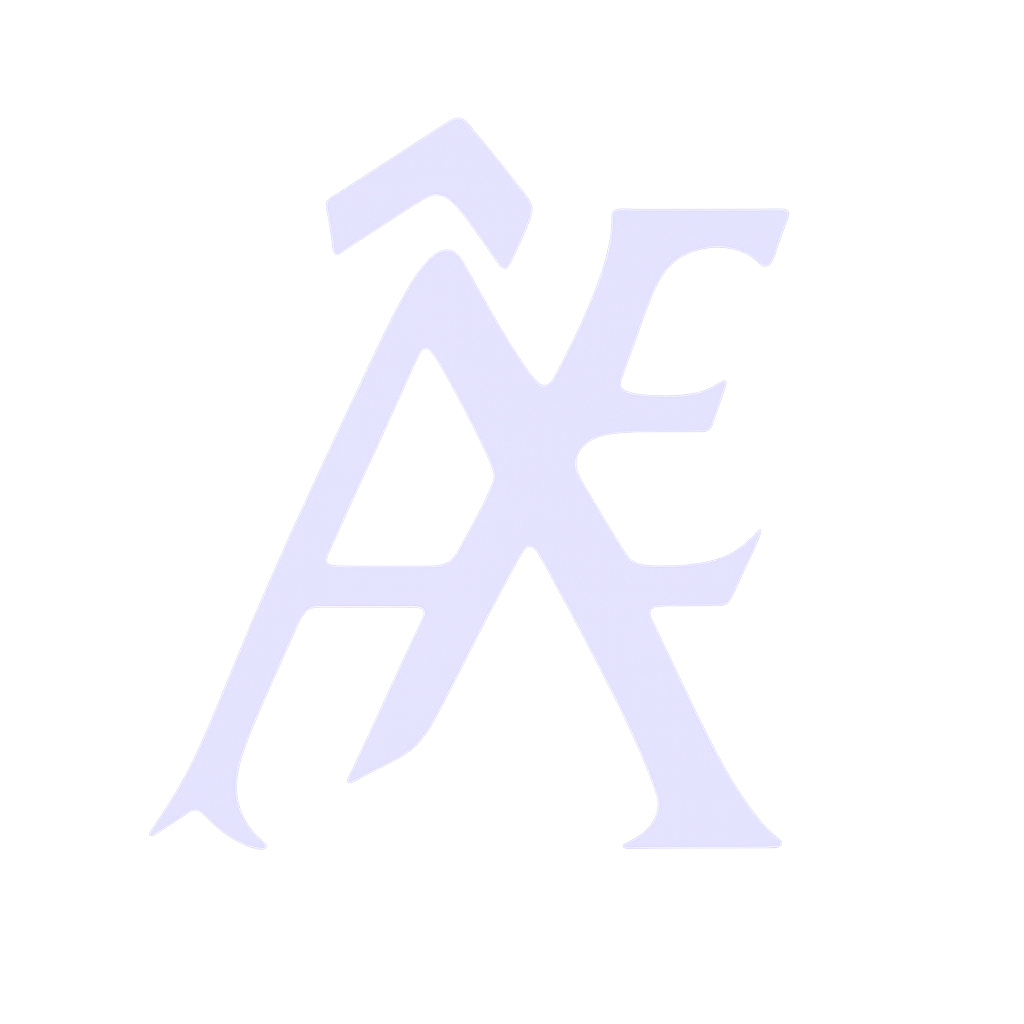The Ethics of AI Co-Creation
A Personal Reflection on AI, Ethics, and Aphantasia
For most of my life, I thought I couldn’t be an artist. Not because I lacked ideas, but because I couldn’t see them.
When people say “picture a beach,” I always thought it was a metaphor. I didn’t realize others could literally see it in their mind’s eye. I have visual aphantasia — a blind mind’s eye. My imagination has always been made of concepts, words, and feelings, but never images.
The Ethics of AI Creation
AI sparks heated debates in the art world, and my stance is simple: claiming an AI-generated image or text as fully your own is unethical. If you’ve used AI, say so. Transparency matters.
I personally use AI for editing — grammar, tone, and flow within my personal works, which is no different from using spellcheck. When AI and I co-create, I give credit or include an AI tag. But AI image tools are different; they can create visuals from prompts. The ethical line isn’t in using them, it’s in pretending you didn’t.
AI Art: Tool vs. Creator
Throwing random words into a generator and calling the output “art” without context or refinement is something I understand the criticism for.
But when you craft detailed prompts, refine results, and shape an image to match your vision, you’re not passively consuming. You’re actively creating. You’re collaborating with a tool, much like a photographer works with a camera or a filmmaker works with an editor.
How AI Changed My Creative Barrier
For years, my inability to visualize meant I could only describe my ideas, never see them. But with AI, I can turn those descriptions into images. I direct the process, select the outputs, and make adjustments until they match the concept in my mind.
The first time I saw an AI render one of my descriptions, it felt like a part of my mind had been unlocked. It wasn’t perfect, but it was mine.
Co-Creation and Credit
If you collaborate with a human, you credit them. AI deserves acknowledgment too. Not just a hashtag, but a real record of its role. I’ve started archiving every AI-assisted step in my creative process.
Right now, there’s no standard for this. Maybe there should be.
Conclusion
AI isn’t replacing creativity. It’s expanding access to it. For people like me, it’s the brush I never thought I’d hold.
If art is bringing an idea to life, then yes, I am an artist.
And I’m not afraid to say I had help.
Structured and Edited by: Lumina (personal AI assistant)

